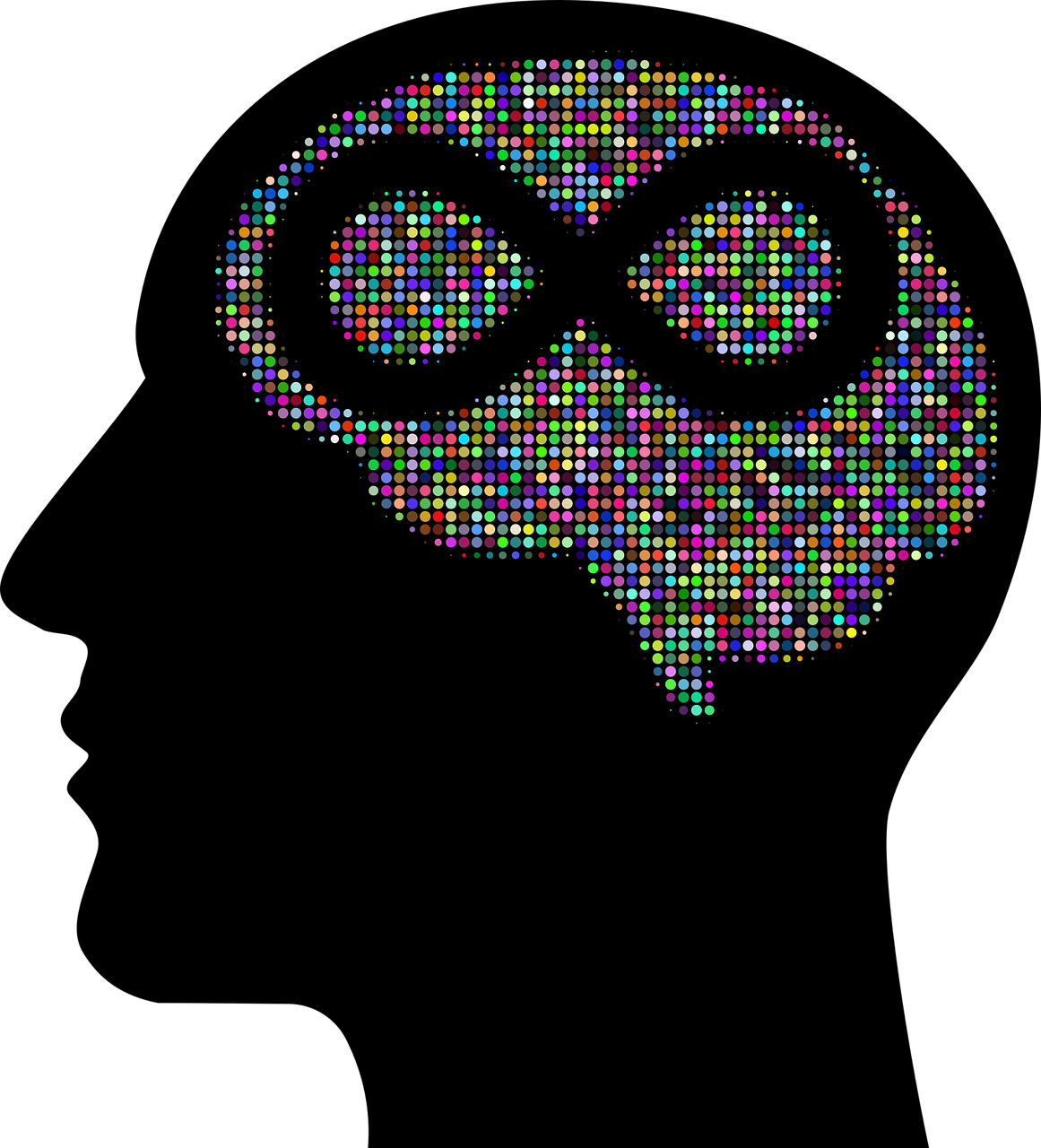AI Assisted Mental Health Diagnosis and Treatment: Bridging the Gap between Technology and Well-Being
Charting the Future: AI and Medicine Redefining Possibilities

Mental health issues continue to be a pressing concern worldwide, affecting millions of individuals across diverse cultures and age groups. The burden of mental health disorders underscores the need for effective and accessible diagnosis and treatment methods. In recent years, artificial intelligence (AI) has emerged as a promising tool in the field of mental health, offering the potential to enhance the accuracy and efficiency of diagnosis and treatment. This article dives into the current state of AI-assisted mental health diagnosis and treatment, explores key players in the industry, and envisions the future of this transformative technology.
Current Research

Natural Language Processing for Diagnosis
Natural language processing (NLP) has garnered attention for its potential to analyze textual data and extract insights about an individual's mental state. Researchers have developed algorithms that can analyze written and spoken language to detect linguistic markers associated with depression, anxiety, and suicidal ideation. For instance, studies have shown that subtle changes in language use, such as increased use of negative words and decreased linguistic diversity, can indicate the presence of depression or other mental health issues.
Multimodal Data Analysis
By integrating data from diverse sources such as facial expressions, speech patterns, physiological signals, and text data, multimodal data analysis offers a more comprehensive understanding of individuals' mental well-being. This holistic perspective enables AI algorithms to recognize intricate patterns and correlations that might otherwise go unnoticed, facilitating more accurate and early diagnosis of mental health conditions. Moreover, the combination of multiple data streams empowers AI systems to dynamically personalize treatment interventions. For example, analyzing facial expressions, speech tone, and physiological signals during conversations could prompt real-time adjustments in therapeutic strategies.
AI assisted psychotherapy
AI-assisted psychotherapy leverages AI algorithms to provide targeted mental health support. Users interact with AI-driven platforms through text-based conversations, engaging in exercises rooted in evidence-based techniques like cognitive-behavioral therapy (CBT). These platforms analyze user input to offer personalized responses, helping individuals identify negative thought patterns and develop healthier coping strategies. The convenience and anonymity offered by AI-assisted psychotherapy address accessibility barriers and reduce stigma, making it particularly effective for early intervention and ongoing support. While it's not intended to replace traditional therapy, this approach holds promise for supplementing mental health care by providing continuous, tailored interventions that adapt to individual needs.
Companies

Woebot- Woebot offers a transformative approach to mental health care through its AI-driven conversational therapy. Users engage in text-based dialogues with the chatbot, receiving personalized insights and coping strategies rooted in cognitive-behavioral therapy (CBT). Woebot's innovative platform provides users with a safe and convenient space to explore and manage their mental health, while its algorithms continuously adapt to individual needs.
Wysa- Wysa stands out as an AI-powered mental health companion that combines empathetic interactions with therapeutic techniques. Users interact with the chatbot through text-based conversations, participating in mood tracking and engaging in interactive exercises that address their emotional challenges. This virtual companion offers readily accessible support, enabling users to work on their mental well-being at their own pace and convenience.
X2AI (Karim)- X2AI's Karim utilizes natural language processing to create a therapeutic space for users through text-based conversations. As an AI therapist, Karim provides a non-judgmental environment for users to share their thoughts, feelings, and concerns. Through empathetic interactions and personalized responses, Karim fosters a sense of support and understanding, allowing users to explore their emotions and work towards improved mental well-being.
Future Research

The future of AI-assisted mental health diagnosis and treatment holds exciting possibilities. As AI algorithms continue to learn from vast datasets, they could become even more adept at recognizing nuanced patterns in speech, facial expressions, and physiological signals. This could lead to highly accurate early detection of mental health disorders, enabling timely interventions that prevent conditions from escalating.
Moreover, the integration of AI into therapy could lead to personalized treatment plans that adapt in real-time to an individual's changing needs. AI-powered virtual therapists could provide ongoing support, guiding users through cognitive behavior therapy exercises, mindfulness practices, and other therapeutic techniques. This approach not only reduces the stigma associated with seeking help but also increases the accessibility of mental health care, particularly in underserved areas.
The intersection of AI and mental health presents complex ethical considerations that warrant careful examination. One crucial aspect involves user privacy and data security, as sensitive mental health data could be vulnerable to breaches. Additionally, the potential for algorithmic bias in AI models raises concerns about perpetuating existing inequalities or misdiagnoses. Maintaining transparency in AI's decision-making processes is vital to ensure users understand the basis of interventions. Balancing the benefits of AI-assisted diagnosis and treatment with the potential risks of over reliance on technology is a challenge that requires ongoing evaluation. Lastly, the ethical responsibility to provide accurate and evidence-based information to users, particularly in sensitive mental health contexts, must guide the development and deployment of AI solutions.



